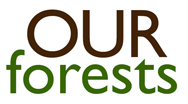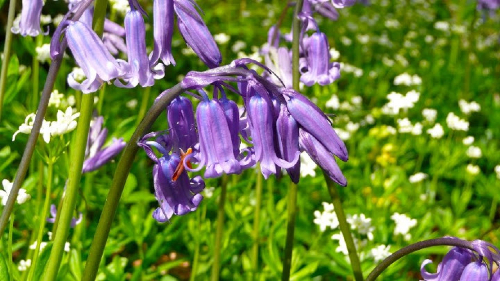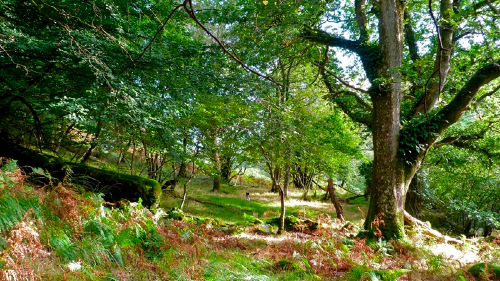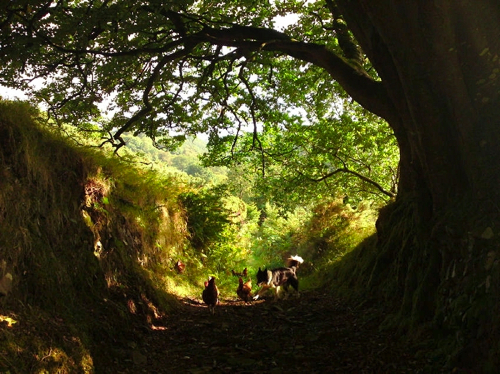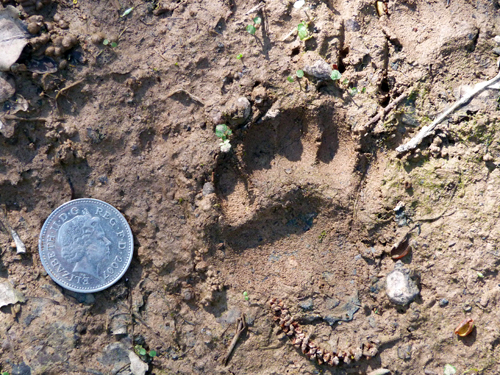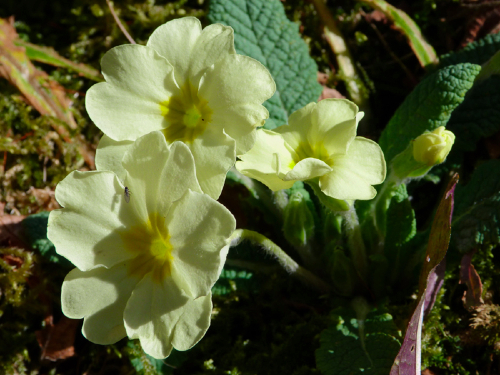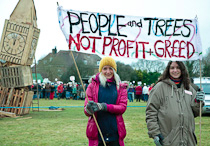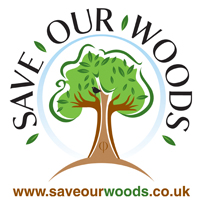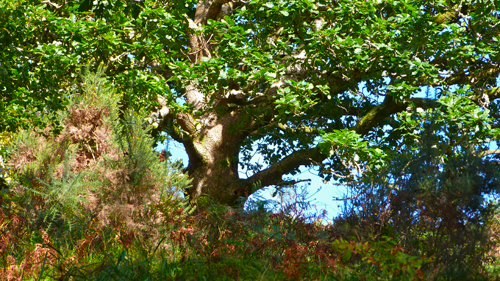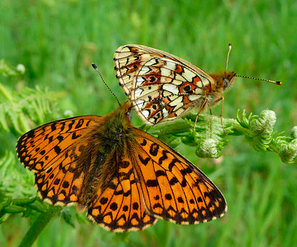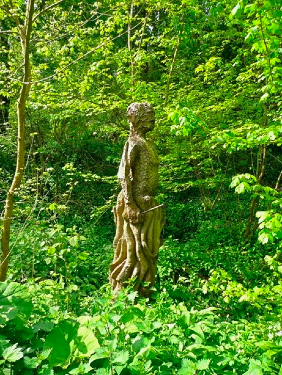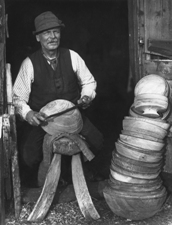At the last Our Forests meeting it was agreed that in the countdown to the progress report being published by the Forestry Panel in early December, each member of Our Forests would write about what forests and woodlands mean to them and why they are so passionately fighting on their behalf. Here we have Jonathans’ story…
I often wonder how trees get into one’s blood. Neither of my parents had the remotest interest in trees, and my mother would endlessly wax lyrical about the landscapes of Lincolnshire (where she grew up) which for me border on the god-forsaken precisely because they are so tree-less.
I grew up in London – or, more particularly, on Hampstead Heath, a precious oasis of semi-natural green in the middle of London. It’s small, in real terms, no more than a couple of hundred acres. But through the eyes of an eight-year old boy, it was absolutely huge and much too large to be properly encompassed at ground level.
So my first relationship with trees started predictably: God had obviously put them on Earth for me to climb. I first learned about nature and my interdependence with nature hanging precariously out of the branches of those wonderful, long-suffering trees, taking equal pleasure in the sense of danger, the sense of isolation and the sense of being utterly at home.
From that time on, I was completely hooked, and remain an unreconstructed dendrophile to this day. I’ve encountered many trees, many woods, many forests since then, and fashioned many intimate relationships with those trees. I have found myself replenished and enriched in more ways than I could begin to describe.
In the early 1970s, over three separate years, I ended up (for all sorts of peculiar reasons) planting a 70-acre patch of scrubby land just outside Auckland in New Zealand with tens of thousands of radiata pine.
I have to say I felt very good about every aspect of that process. I revelled in the planting, month after month, often in high wind and pouring rain; I loved watching the trees grow, thinning them out pretty ruthlessly, pruning them rigorously to maximise end value; I even enjoyed (in a rather more confused and painful way) the moment when they were all cut down at the end of a normal cycle of 30 years.
So I love trees as much as the next person. But I’m not sentimental about cutting them down – at the right time – and managing them properly until that time. As long as there’s respect – and even awe – embedded in that relationship.
That’s why the Coalition Government’s crass, ideologically-inspired decision in 2010 to flog off the whole of the Public Forest Estate instantly enraged me. It was both arrogant and cheap at the same time; it was equally contemptuous of local communities (with their own particular set of loyalties and affinities for their woodlands), and of the Forestry Commission, which had transformed itself into a highly effective manager/regulator after the “bad days” of the 1980s. It was despicably care-less – as were the craven reactions of the national NGOs that so unquestioningly went along with this sell-off proposal.
And that’s why I helped set up Our Forests – with an eclectic bunch of people who all care as deeply about England’s woods and forests as I do, albeit for all sorts of different reasons.
And that’s why I’m still determined to see things through, even though the Government would appear to have backtracked on its original proposals. I don’t trust them an inch, and though I think that the big NGOs have now got the measure both of this Government and of the general public’s determination to protect its woodlands and the Public Forest Estate in general, I’m not sure I can quite trust them either on this particular issue.
I know that’s not a very “friendly” position to be adopting, and it’s obviously caused some strain between myself and many others in today’s Green Movement. Not least because I know that most of the individual members of those organisations care pretty much the same way as I do, and would instantly resonate with these powerful words from John Fowles:
“No religion is the only religion, no church the true church; and natural religion, rooted in the love of nature, is no exception. But in all the long-cultivated and economically-exploited lands of the world, our woodlands are the last fragments of comparatively unadulterated nature, and so the most accessible providers of the relationship, the feeling, the knowledge that we are in danger of losing.”
Pick the branches out of that one, Mrs Spelman.
by Jonathon Porritt
Co-Founder of Forum for the Future, an eminent writer, broadcaster and commentator on sustainable development.
- You can read more about Our Forests here:
saveourwoods.co.uk/category/our-forests
- Visit Jonathons’ website:




